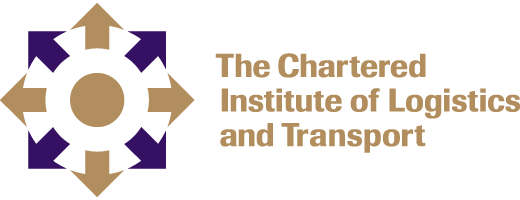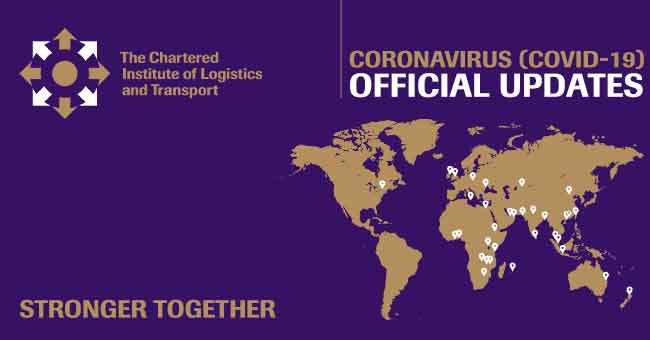The World Trade Organisation expects global trade to fall by 13% to 32% in 2020 due to Covid-19. The foremost concern is to maintain supply chains, especially for food and medical items.
Imposed road travel limitations are causing problems for global trade. In Europe, closure of borders aimed at the public to prevent unnecessary travel have caused 30 to 50-kilometer queues at EU-borders. Imposed travel limitations are also preventing containers from reaching loading docks. A letter by the International Road Transport Union (IRU) states that nearly 6% of all employed people worldwide work in road transport and, as the majority are small to medium sized companies, are particularly susceptible to negative economic impact as a result of Covid-19.
Maritime transport has also been negatively affected by the impact of Covid-19 travel restrictions. Examples include quarantining of cruise ships and refusing permission to port, lower demand and freight rates of commodity vessels, and Very Large Containership Vessels (VLCVs) departing Chinese ports filled up to 10% capacity.
The International Civil Aviation Organization (ICAO) used notice to airmen (NOTAM) data to display the impact of Covid-19 on air transport, and the results show a fall from approximately 30,000 NOTAMs per day in January to 2,000 in April. Both passenger transport and airfreight are negatively affected by Covid-19 due to mass grounding of commercial flights, which have significantly reduced the availability of cargo capacity. Airfreight capacity dropped 60% between China and Europe, and 80% between China and the United States. Additionally, the demand for cargo cannot be matched by designated cargo planes, which therefore has resulted in increased shipment costs. The International Air Transport Association (IATA) states that the impacts of Covid-19 on air cargo demand became visible in February, and determined that the demand in air freight markets was down by 9.1% in February 2020. Furthermore, cargo capacity declined by 4.4% year-on-year in February 2020, mainly due to reductions of passenger operations made by airlines. Noteworthy is the increased cargo demand in Africa (6.2%) and the Middle East (4.3%) compared to a year ago, which is potentially due to their geographical location and their trade-links with Asia.
Whilst the imposed restrictions on road freight have negatively affected maritime transport, and the issues regarding airfreight capacity have caused the cost of airfreight to rise, these factors have increased the demand for rail freight on certain routes. As carriers have withdrawn up to 60 percent of Asia–Europe maritime transportation capacity, the demand for rail on the China-Europe network has risen.
Advising governments and corporates
The World Bank suggests that global trade is crucial during the Covid-19 pandemic and should be maintained to ensure access to critical supplies, and limit adverse impacts on jobs and poverty. Closing border crossings and introducing protectionist measures (e.g. restricting exports of medical supplies) could undermine health protection in the medium term as countries lose access to essential products to fight the pandemic. Instead, removing import tariffs and relevant taxes at the border on critical equipment, products, and food should be considered to back the health response.
Trade policy reforms could positively contribute to:
- Reducing the cost and increasing availability of Covid-19 goods and services.
- Limiting the impact of Covid-19 on the poor, and contributing to macro-economic measures.
- Reducing tax and administrative burdens on import/export.
- Supporting economic recovery and development of resilience to future crises.
Focus and advise for corporates include:
- Following official government and/or health organisation guidance.
- Safeguarding business continuity and prioritising the protection of front-line workers.
- Internal and external collaboration, and increased focus on risk management.
This is an example of global business analysis which we are sharing as part of our global best practice resource to help you think about and determine appropriate responses locally.

